It’s 2:17 AM, and I’m deep in dog reel territory. You know, those cute puppy videos that just keep you scrolling? My eyes are screaming for rest, my body’s begging for bed, but my brain’s like, “Nah, one more clip!” I don’t even know how I got here. One minute I’m checking a work email, the next I’m watching a pug in a tiny hat. And suddenly, it’s way past bedtime, and I’m wide awake. Sound familiar? 😴
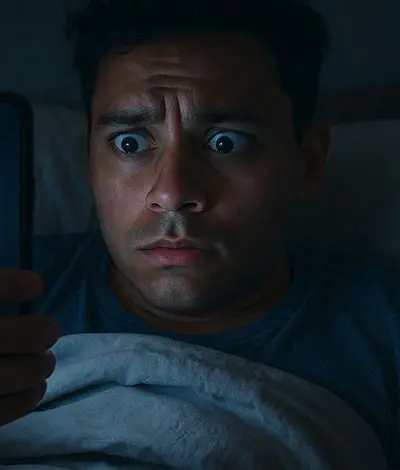
If you’re in your 20s to 40s, you probably know this struggle. Between work deadlines, social media, and streaming shows, our phones are like little vampires sucking up our sleep.
It’s called digital overload, and it’s not just stealing your time it’s hijacking your rest.
In this article, we’re gonna dive into why your brain won’t power down at night, how digital overload messes with your sleep, and what you can do to get your nights back. No fluff, just real talk from someone who’s been there, plus some science to back it up. Ready to stop the late-night scroll? Let’s go!

Mental Wellness Test
Where Does Your Mind Need the Most Support?
Discover your emotional health in under 4 minutes.
Find out if what you’re feeling is:
burnout, anxiety,trauma
or just too many open tabs in your brain.
No pressure – Just clarity
Ever scrolled through your phone late at night only to wonder why you can’t sleep? This honest reflection on digital overstimulation explores how modern tech habits hijack our rest and what you can actually do to get your nights back.
It Was 2:17 AM and I Was Watching Dog Reels… Again
No idea how I got there. One second I was just checking a message. The next, it was two hours later and I was deep into dog content I didn’t even remember clicking on. My eyes were burning. I was exhausted. But sleep? Nowhere in sight.
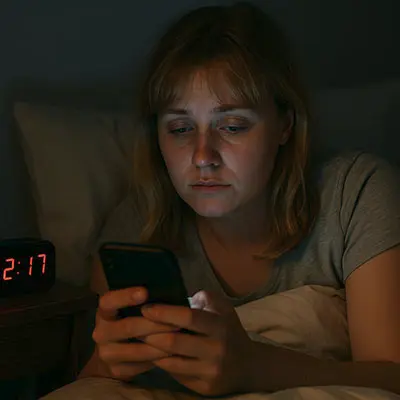
What’s Digital Overload Anyway?
Digital overload is that fried-brain feeling you get when you’re hit with too much info from your phone, laptop, or tablet. It’s the emails piling up, the group chat that won’t quit, the endless TikTok videos you didn’t mean to watch. According to a 2022 report, Americans spend over 13 hours a day on screens. That’s more than half our waking hours! No wonder we’re exhausted.
It’s not just about time, though. It’s the mental load constantly switching between apps, notifications pinging every five seconds, and the pressure to stay connected. It’s like your brain’s trying to juggle a dozen balls while riding a unicycle. And when you finally hit the pillow, your mind’s still spinning. For folks in their 20s and 30s, juggling work, social life, and adulting, this overload can feel like a full-time job. 😅
I remember one night, I was just gonna check one message, but then I saw a news alert, clicked a link, and ended up reading about some random global crisis. By the time I looked up, it was 1 AM, and my brain was buzzing like a beehive. That’s digital overload in action it’s sneaky, and it’s stealing your sleep.
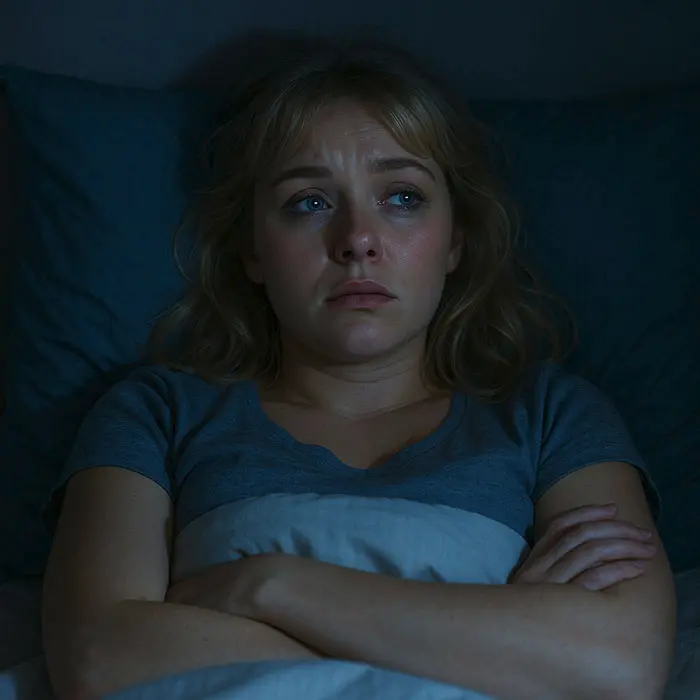
How Technology Hijacks Your Sleep Cycle
We talk about blue light a lot and yeah, that’s part of it. But honestly? It’s not just about the light. It’s about your brain being stuck in *go* mode. You’re swiping, scrolling, switching tabs. Your brain never gets the signal to slow down.
Back in the day (yes, I’m saying that like I’m 80), evenings meant shutting down. The world got quiet. You had time to stare at the ceiling or read a boring book that knocked you out. Now? Netflix autoplays. TikTok doesn’t end. Instagram *knows* exactly what will keep you watching.
Digital Overload Messes with Your Sleep
So, why does scrolling through your phone at night keep you awake? It’s not just you being “bad” at bedtime. There’s real science behind it. Here’s how digital overload screws with your sleep:
Blue Light Blues
Your phone, tablet, and laptop emit blue light, which tricks your brain into thinking it’s daytime. This messes with melatonin, the hormone that tells your body it’s time to sleep. The Sleep Foundation says blue light can delay sleep onset by up to 30 minutes and cut down on REM sleep, the deep, dreamy kind you need to feel rested. I used to scroll Instagram till midnight, then wonder why I was tossing and turning. Spoiler: it was the blue light.
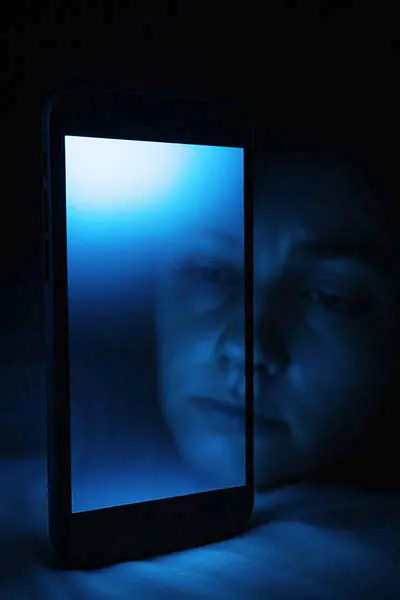
Brain on Overdrive
It’s not just the light it’s what you’re doing. Watching a thrilling show, arguing in a group chat, or reading work emails keeps your brain in high gear. Your mind’s processing, problem-solving, or getting emotionally charged, which is the opposite of chilling out. Healthline says this kind of stimulation can make it hard to relax, even when you’re exhausted.
Overthinking Trigger
Ever get stuck replaying a post or message in your head? Social media can spark overthinking, especially if you’re comparing yourself to others or stressing about a comment. This mental chatter can keep you up for hours. Check out our guide on dealing with overthinking at night for more on this.
Disrupted Sleep-Wake Cycle
Your body’s got an internal clock called the circadian rhythm, which loves routine. Late-night screen time throws it off, making your brain think it’s still go-time when it should be snooze-time. I once stayed up watching a true-crime doc till 2 AM, and my body was like, “Cool, we’re awake forever now.” Not fun.
Notification Nightmares
Even if you’re not actively scrolling, a random ping from your phone can jolt you awake. A study from Verywell Health says notifications can disrupt your sleep cycle, even if you don’t check them. I used to keep my phone on my nightstand, and every buzz felt like a mini alarm clock
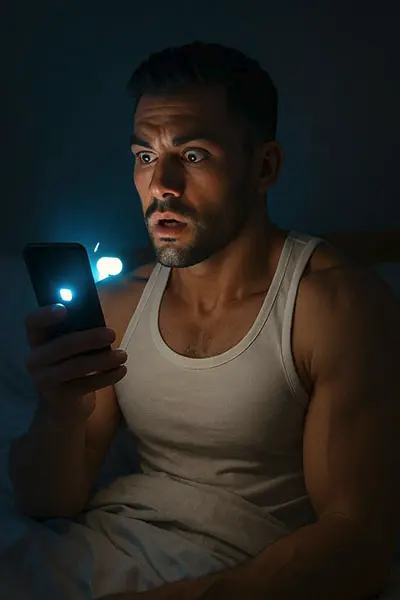
“A 2024 study from Harvard Health found that reducing evening screen time by just 30 minutes improved sleep quality significantly.”
The Real Problem: Your Brain Doesn’t Know It’s Night
Here’s the hard truth your brain isn’t stupid. It’s just confused. If you’re doomscrolling politics or watching comedy reels until 3AM, it doesn’t register “rest time.” It thinks it’s still daytime. It keeps your cortisol high and melatonin low.
I didn’t believe this until I tried something stupid simple: **a 30-minute screen break before bed.** Not a fancy app. Just sitting quietly. Sometimes journaling. Sometimes drinking tea. Sometimes just… existing.
One night, I even caught myself whispering, “okay brain, bedtime,” like an idiot. But weirdly? It helped. Your brain loves rituals. Give it some.
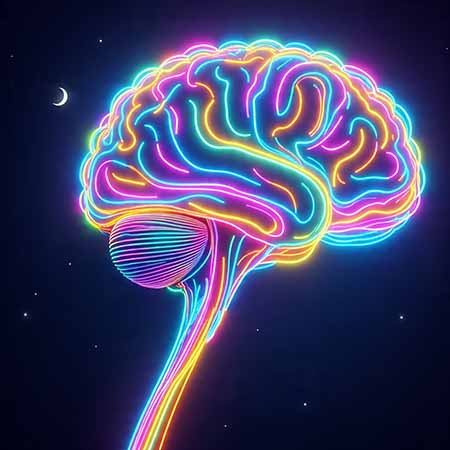
Simple Things That Actually Helped Me Sleep
Here’s what made a real difference (no hype):
– 30 mins screen-free before bed
– No doomscrolling (especially news) after 9PM
– Warm light or candles instead of bright overheads
– Writing down 3 thoughts to “close the tab” in my brain
– Playing soft ambient sound instead of silence
Not all of it worked at once. Some nights still sucked. But overall? Way better.
Funny enough, I once wrote a whole post about mental overstimulation earlier and I didn’t realize I was living it every night. Maybe check that one if your brain feels fried
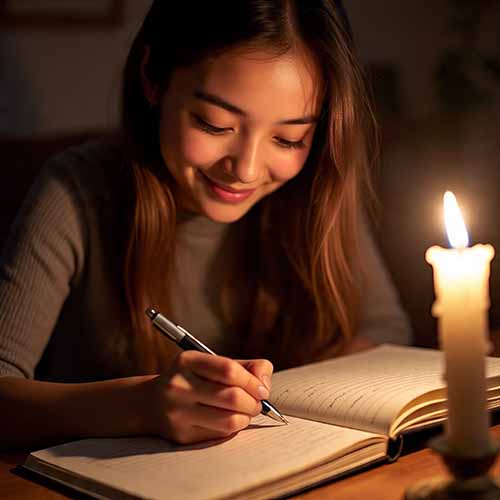
The Real Cost of Missing Sleep
Okay, so you’re not sleeping great. What’s the big deal? Turns out, it’s a huge deal. Missing out on sleep because of digital overload doesn’t just make you groggy it can mess with your whole life. Here’s what’s at stake:
- Physical Health Hits: Chronic sleep deprivation ups your risk of heart disease, diabetes, and obesity. Cleveland Clinic says it can even weaken your immune system, so you’re more likely to catch every bug going around.
- Mental Health Struggles: Lack of sleep can make anxiety and depression worse. It’s like your brain’s too tired to cope, so every little thing feels like a crisis. I’ve had days where I was so sleep-deprived, a spilled coffee felt like the end of the world. 😢
- Daytime Fog: Ever feel like you’re moving through molasses? Sleep deprivation tanks your focus, memory, and decision-making. I once forgot a big meeting because I was running on four hours of sleep. Not my finest moment.
- Relationship Strain: When you’re tired, you’re more likely to snap at friends or your partner. Plus, you’re just not there mentally for deep convos.
- Productivity Crash: Sleep-deprived brains are less creative and efficient. Healthline says it can even lead to microsleeps those scary moments when you nod off for a second without realizing it.
| Effect | Impact | Source |
|---|---|---|
| Heart Disease | 67% higher risk with chronic sleep loss | Cleveland Clinic |
| Mental Health | Increased anxiety and depression | Healthline |
| Focus | Impaired memory and decision-making | Sleep Foundation |
| Immune System | Weaker response to infections | Better Health Channel |
Practical Ways to Take Back Your Nights
Alright, let’s talk about how to stop the digital overload and get some actual sleep. These tips are practical, doable, and don’t require you to ditch your phone forever. I’ve tried most of ‘em, and they really work.
1. Set a Digital Curfew
Pick a time to stop using screens ideally 1-2 hours before bed. I started shutting off my phone at 9 PM, and it’s like my brain finally gets the memo to chill. If you’re worried about missing something, check out our tips on setting digital boundaries without feeling like a jerk.
2. Use Night Mode or Blue Light Filters
Most phones have a night mode that cuts blue light. Turn it on in the evening, or get blue-light-blocking glasses if you’re fancy. It’s not perfect, but it helps. I noticed a difference when I started using night mode on my phone less eye strain, better sleep.
3. Create a Tech-Free Bedroom
Make your bedroom a no-phone zone. Charge your device in another room and use a regular alarm clock. I used to keep my phone on my nightstand, and every notification was like a wake-up call. Now, it’s in the kitchen, and my bedroom’s a legit sleep sanctuary.
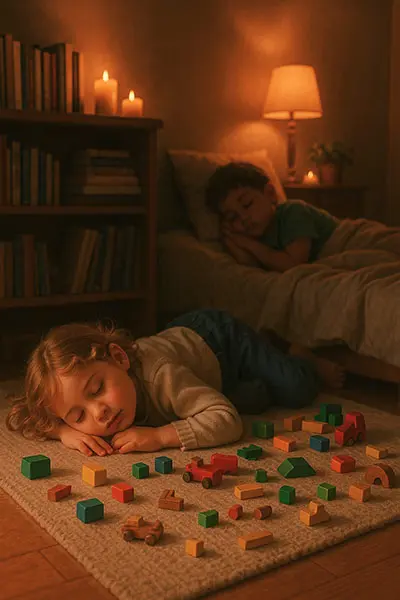
4. Build a Calming Bedtime Routine
Swap scrolling for something relaxing, like reading a physical book, sipping herbal tea, or doing some light stretches. I started reading sci-fi novels before bed, and it’s like a signal to my brain that it’s time to wind down. Apps like Calm have sleep stories that are super soothing too.
5. Limit Notifications
Turn off non-essential notifications, especially at night. You don’t need to know about every Instagram like at 11 PM. I muted my group chats after 8 PM, and it’s cut down on the late-night buzz. For more on this, see our article on notification fatigue.
6. Be Mindful of Content
Avoid stuff that gets your heart racing or your mind spinning. No true-crime docs, no work emails, no scrolling through posts that make you compare yourself to others. Social media can spark overthinking, which is a sleep killer. Our guide on digital comparison fatigue has more on this.
7. Try Relaxation Techniques
If your brain’s still buzzing, try mindfulness or deep breathing. I do a quick 4-4-4 breathing exercise: inhale for 4 seconds, hold for 4, exhale for 4. It’s like hitting pause on my thoughts. You can also try progressive muscle relaxation tense and release each muscle group from your toes to your head

8. Move Your Body Earlier
Exercise during the day can help you sleep better at night, but don’t do it too close to bedtime it can rev you up. A midday walk or yoga session works wonders. I started doing a 20-minute walk after lunch, and it’s like my brain’s less wired at night.
| Disruptive Habit | Alternative Habit |
|---|---|
| Scrolling social media before bed | Reading a physical book |
| Checking work emails late at night | Setting a digital curfew |
| Watching intense videos | Listening to calming music |
Digital Overload and the LGBTQ+ Community
For folks in the LGBTQ+ community, digital overload can hit extra hard. Social media’s a great way to find community, but it can also expose you to negativity trolls, hate comments, or just the pressure to keep up with everyone’s highlight reels.
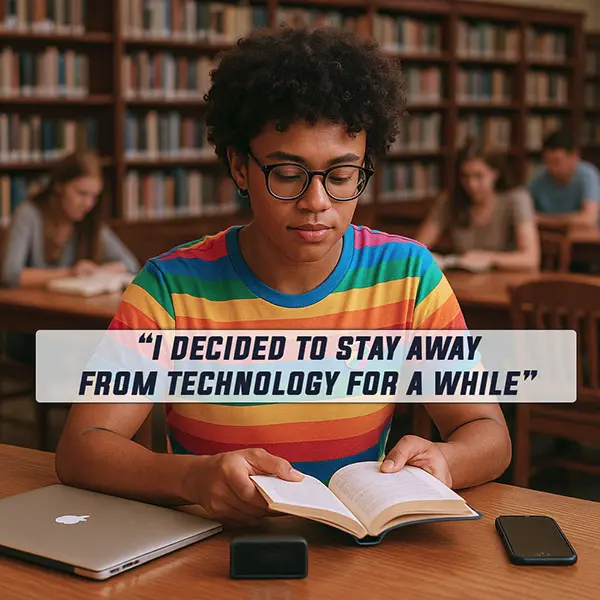
A friend of mine who’s queer said they’d stay up late scrolling through Twitter, stressing about online debates or feeling like they weren’t “enough.” Cutting back on those platforms and focusing on affirming spaces, like queer-friendly Discord groups, helped them sleep better. If you’re part of the community, try curating your feeds to lift you up and limit time on apps that drag you down. It’s like a digital hug for your mental health. 😊
It’s Not About “Discipline” It’s About Design
You’re not lazy. You’re not broken. You’re just wired like a human. If your environment keeps screaming “stay awake!”, your body listens. The key is to design the *default*. Not to fight your brain, but to work with it.
The Science Behind It
This isn’t just me ranting there’s science to back it up. Here’s what the research says:
- Blue Light: Studies show blue light from screens can suppress melatonin, delaying sleep onset and reducing sleep quality (Sleep Foundation).
- Cognitive Stimulation: Engaging with digital content keeps your brain active, making it harder to relax (Healthline).
- Stress and Anxiety: Social media and news can trigger overthinking, which fuels anxiety and keeps you awake (Verywell Mind).
- Health Impacts: Chronic sleep deprivation increases risks of heart disease by 67%, diabetes, and depression (Cleveland Clinic).
| Impact | Statistic | Source |
|---|---|---|
| Sleep Delay | Up to 30-minute delay from blue light | Sleep Foundation |
| Stress | 30% reduction with less screen time | UCLA Health |
| Heart Disease | 67% higher risk with poor sleep | Cleveland Clinic |
Your brain’s not built for constant digital noise. Giving it a break is like letting it recharge
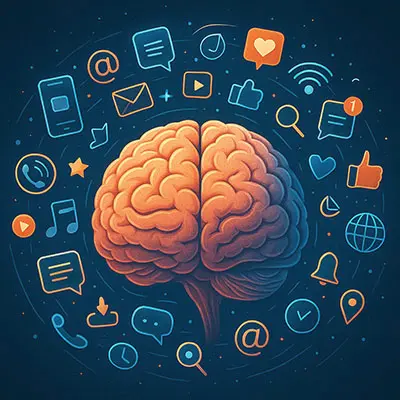
Conclusion
Digital overload is like a sneaky thief, stealing your sleep and leaving you drained. But you don’t have to let it win. By cutting back on screens, setting boundaries, and building a calming bedtime routine, you can take back your nights and wake up feeling like a human again. Start small maybe put your phone down an hour earlier tonight or try a quick breathing exercise. Your brain deserves a break, and you deserve a good night’s sleep. So, what’s it gonna be? Ready to unplug and rest? 😴
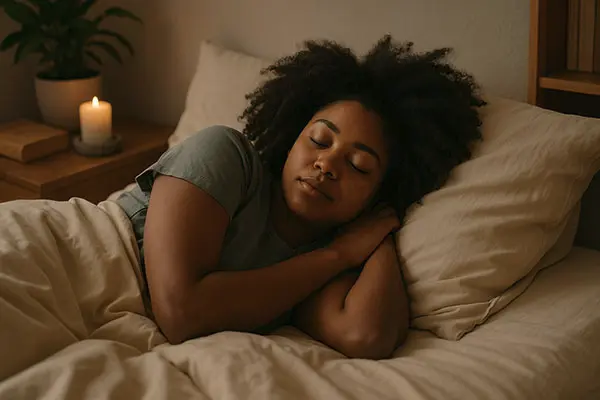
Citations:
- GoodRx: Defines digital overload and its effects on stress and cognitive fatigue
- Sleep Foundation: Explains how electronics, especially blue light, disrupt sleep hormone production and rhythms
- Cleveland Clinic: (Did not find matching article by search if you provide a specific title, I can find it)
- Healthline: Covers physical, mental, and cognitive effects of not getting enough sleep
- Verywell Mind: Tips for calming racing thoughts and improving sleep quality
Internal Links:
Q&A: Let’s Be Real
Use apps that reduce blue light. Set a consistent wind-down cue even if it’s 4AM
Because it’s trying to *solve* the anxiety, not rest. Try a brain dump journal
Sometimes. But it’s not magic. If your environment is chaos, no supplement can fix that
It’s the pile-up of unnecessary files, apps, notifications, and subscriptions on your devices that stress you out and mess with your focus.
Think unread emails, unused apps, duplicate files, a messy desktop, or constant notifications from social media.
Totally! It can spike stress, make it hard to focus, and even mess with your sleep.
Set rules for what to keep, delete regularly, organize files, and limit storage to force yourself to be picky.
Ultimate Mental Wellness Test: Discover Emotional Health Just in 3 Min
Ever wonder where you stand with your mental health? That’s where our quick question Mini Mental Health Check comes in. It’s like a quick peek into your brain, giving you insights into your anxiety, burnout, and self-esteem levels.
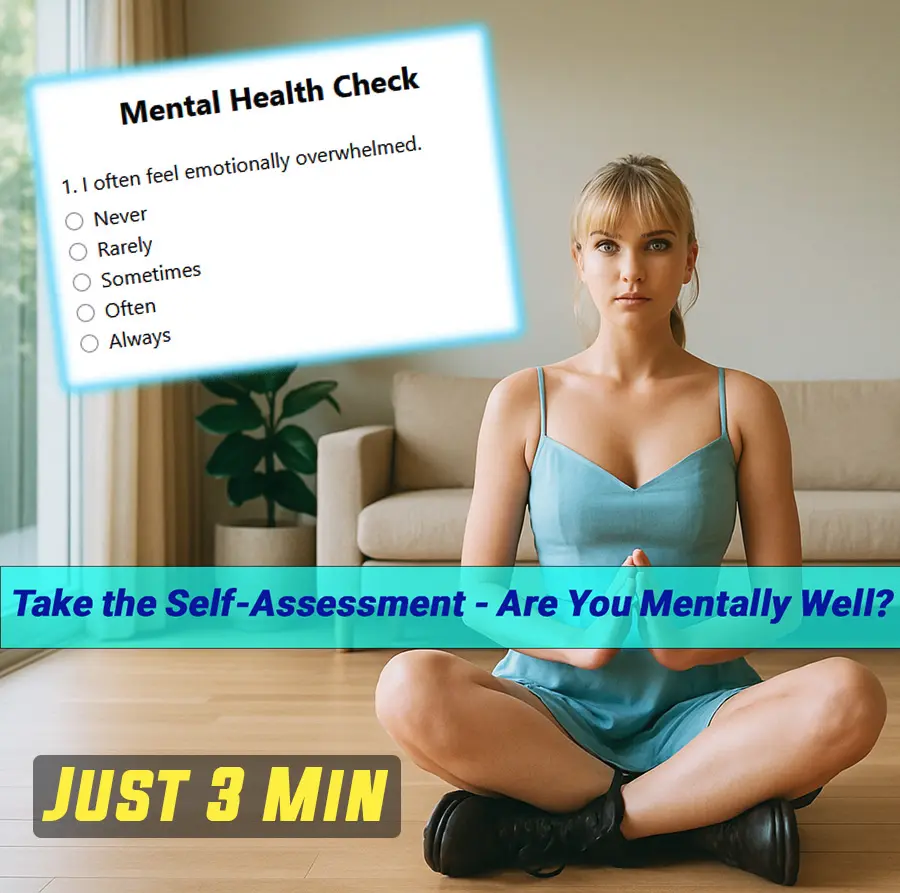
Stop scrolling. Start breathing. What if tonight instead of doomscrolling, you wrote one thought down and took one deep breath? Your mind needs it. 🌙
✨ Last updated on 08.08.2025
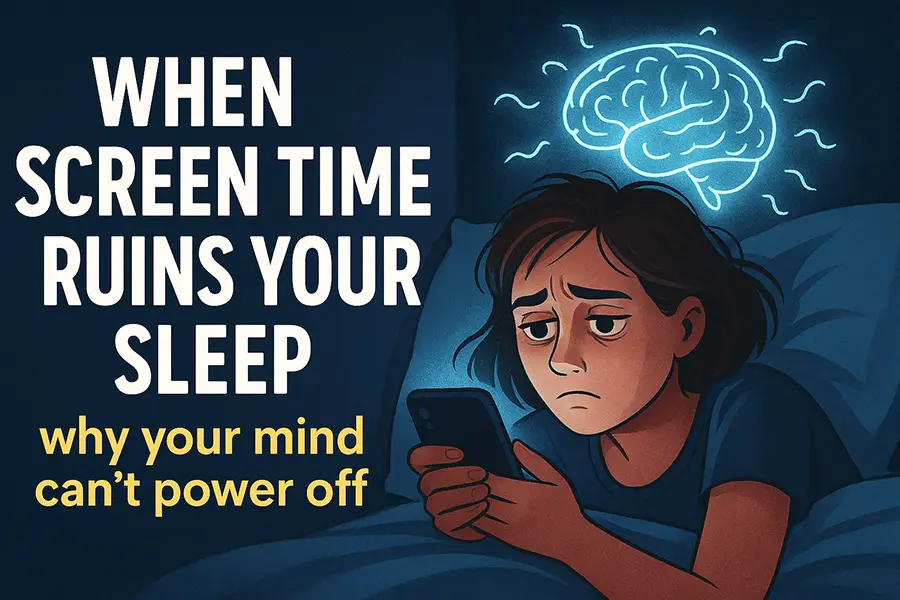
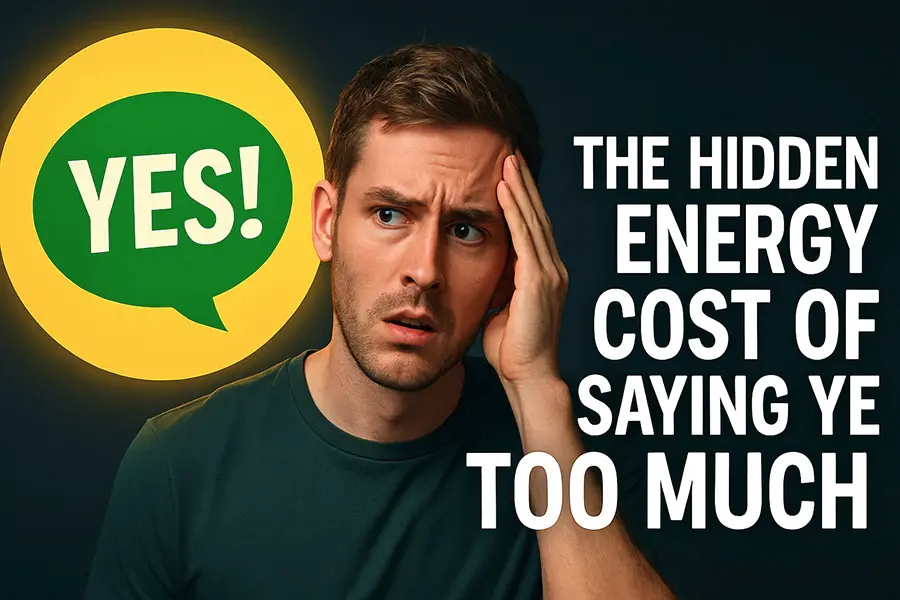
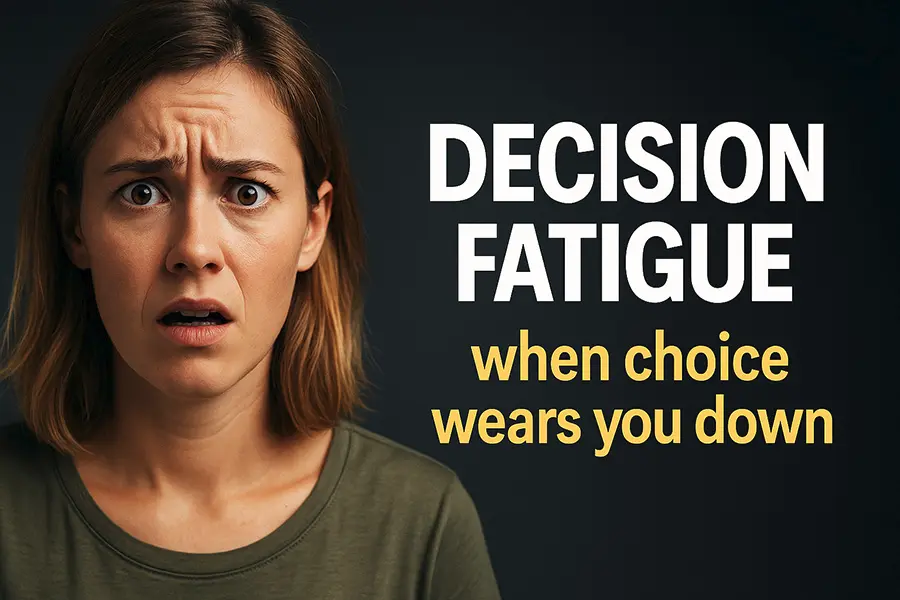
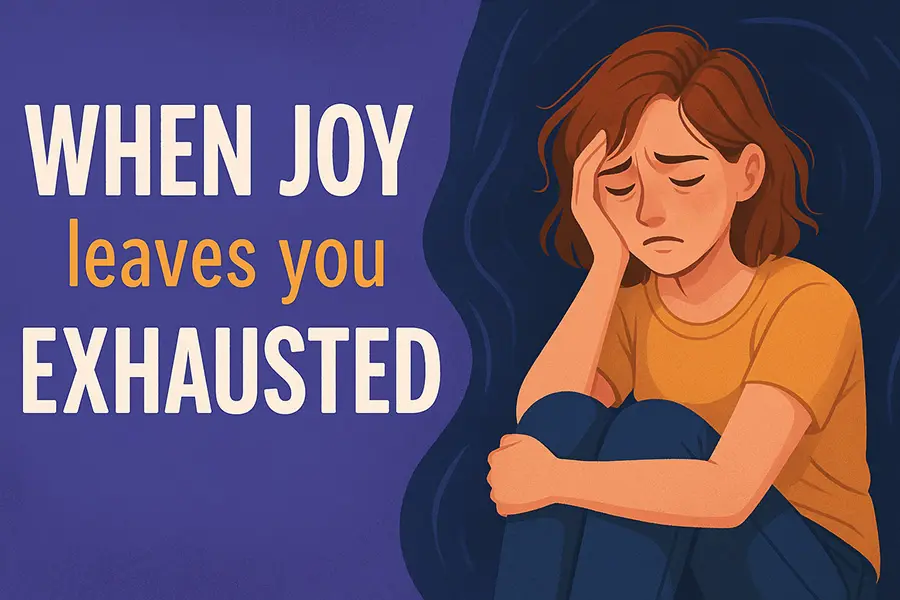
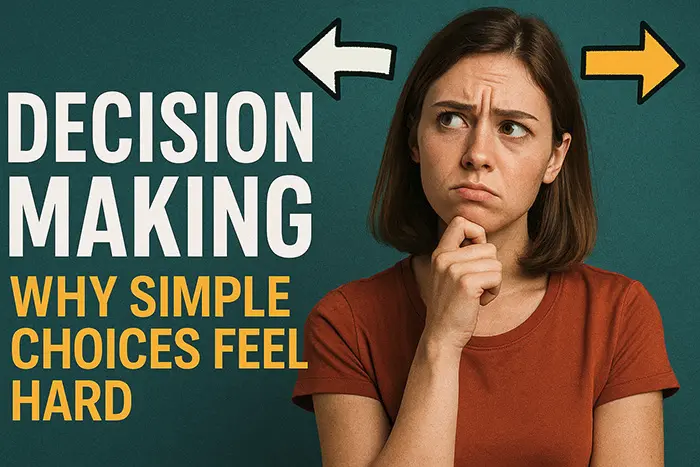
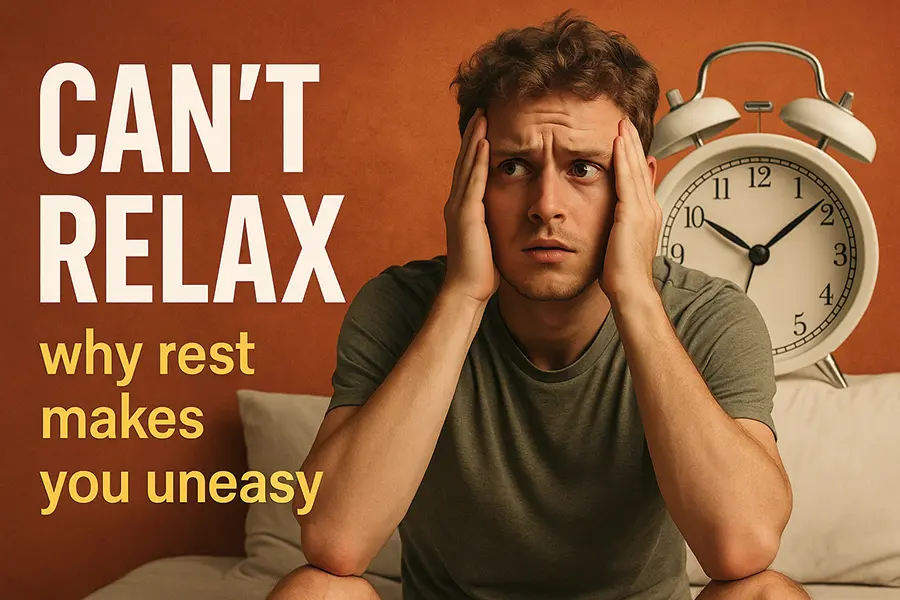
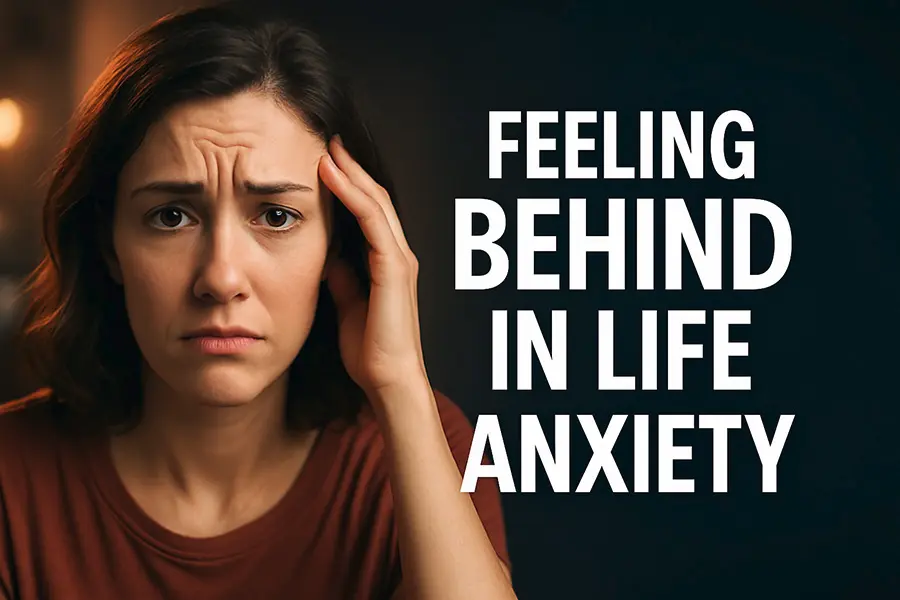
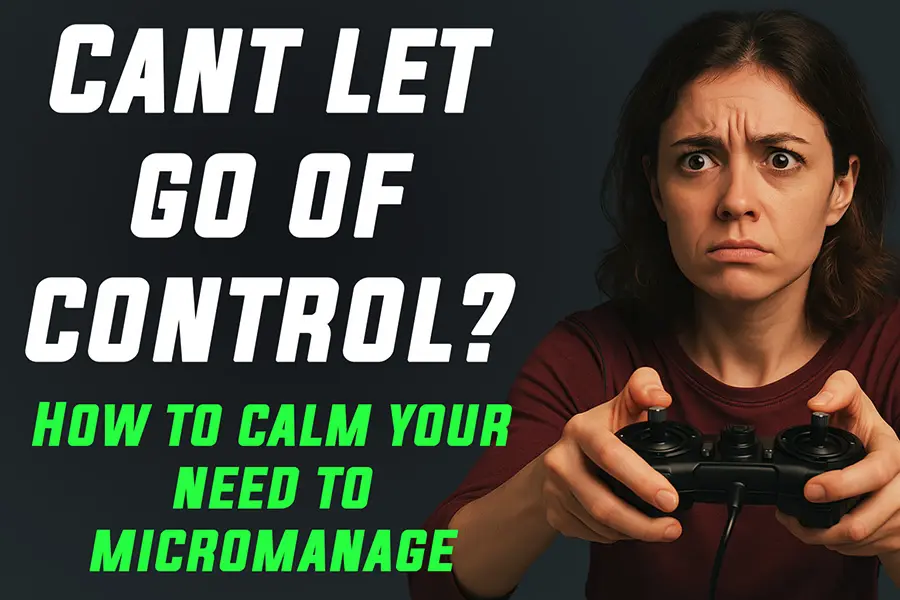
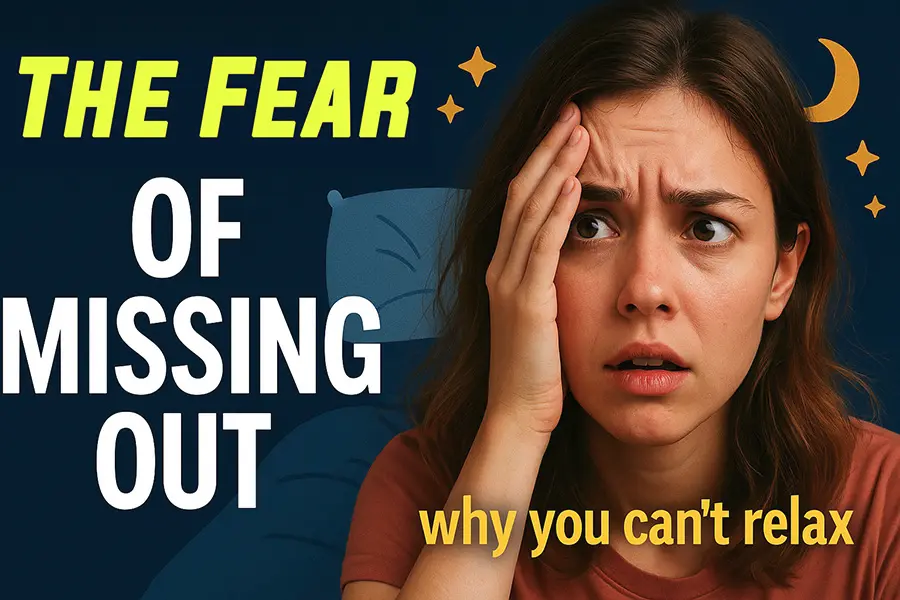
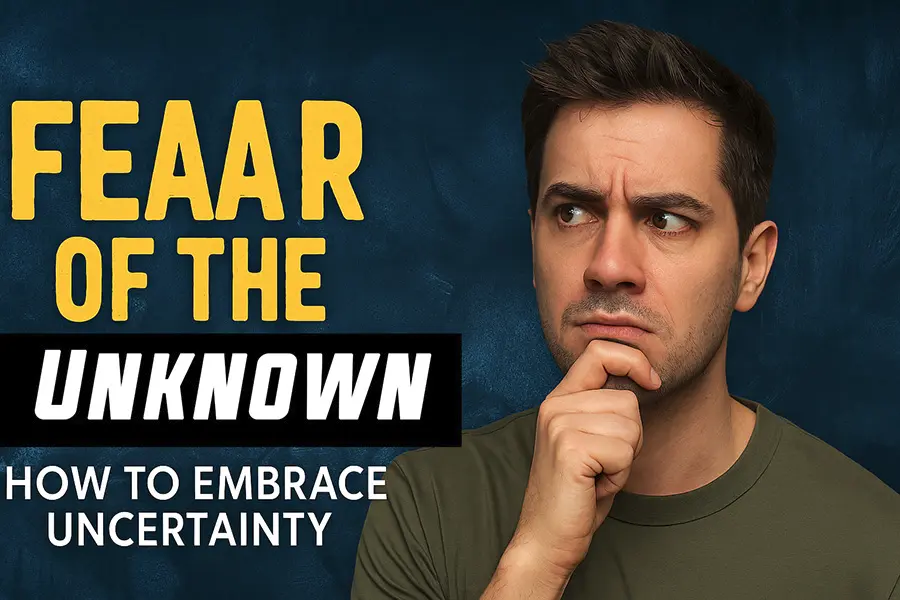
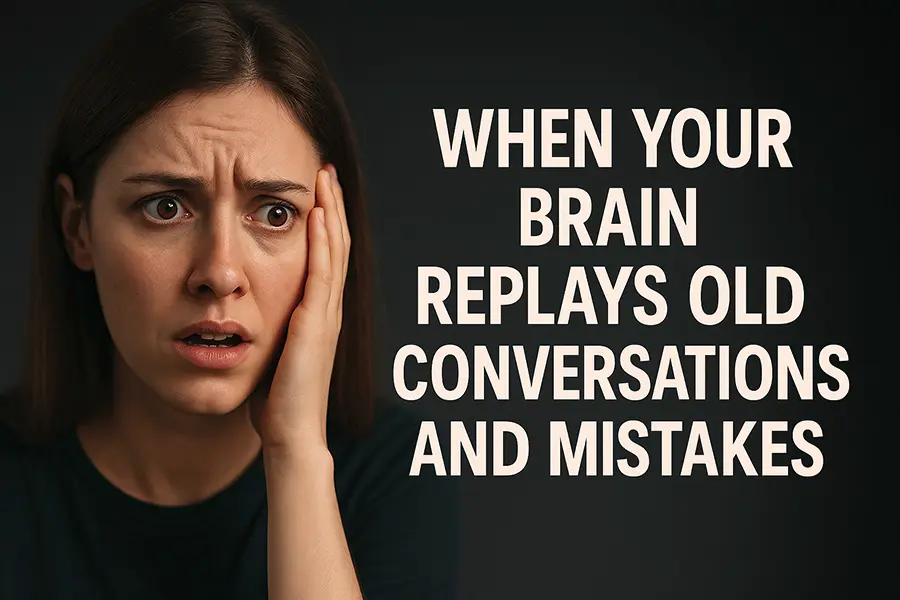
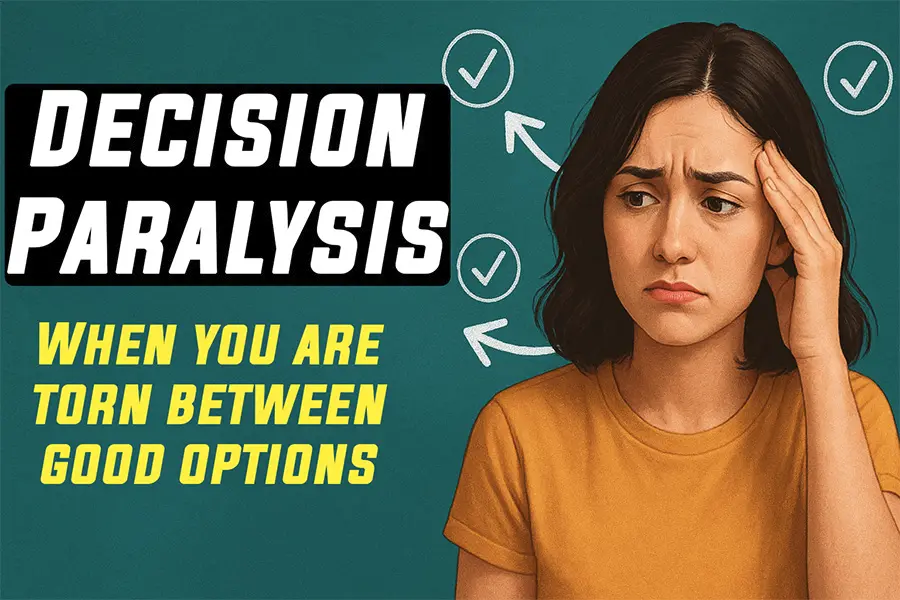




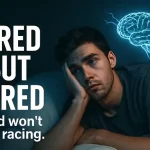





Leave a Reply